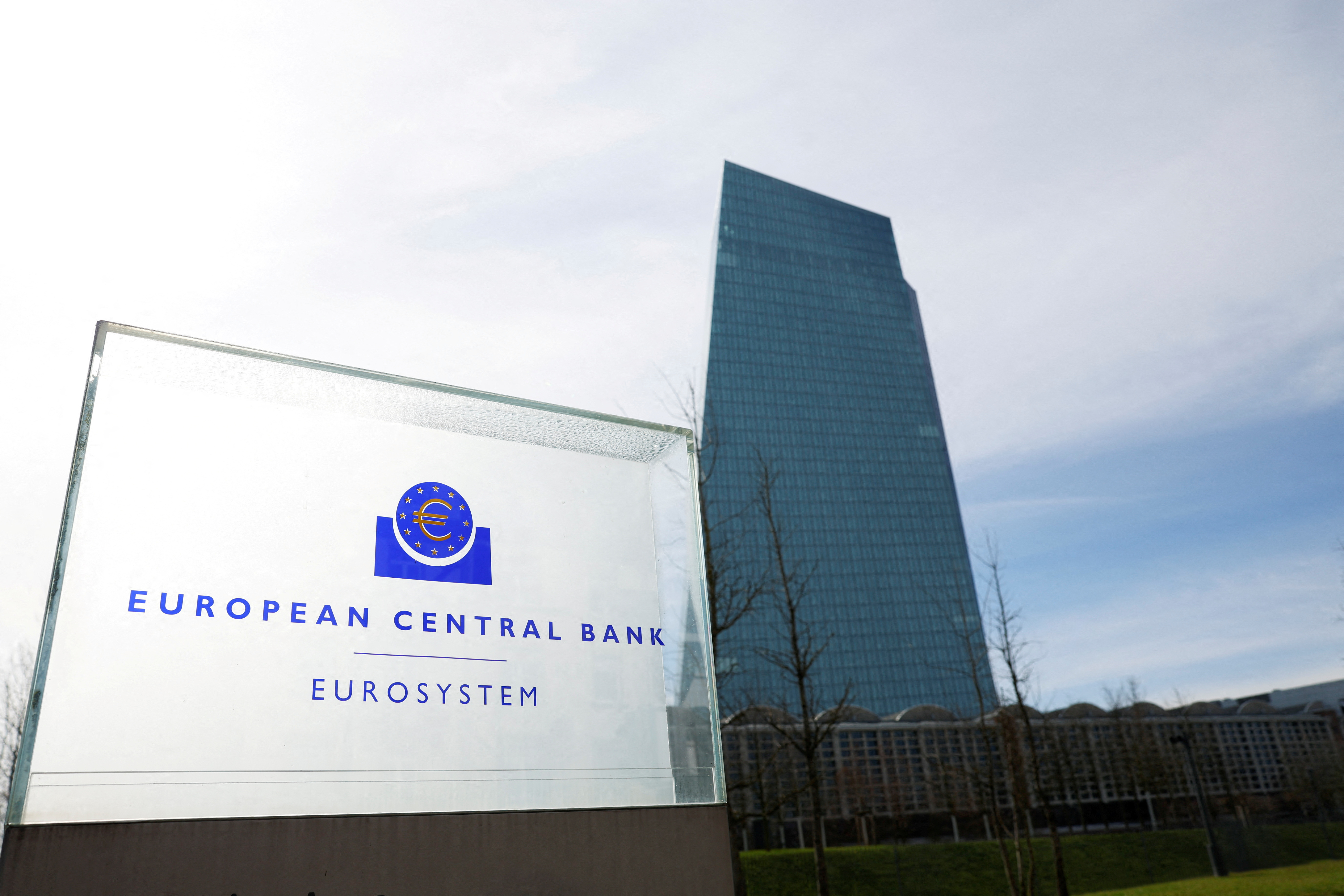Multinationals plan moves to minimise China risk, ECB survey shows

FRANKFURT, Nov 6 (Reuters) - More than 40% of multinational firms surveyed by the European Central Bank expect to move production to politically friendlier countries in the coming years, with risk related to China cited as the main concern, a paper showed on Monday.
Firms have increasingly discussed shifting production sites after the pandemic and Russia's war in Ukraine disrupted value chains, but there has been little empirical evidence of mass relocations.
Seeking on-the-ground confirmation, the ECB surveyed 65 very large firms with a global footprint and 49% said they were looking to "near-shore", or bring production closer to the point of sales.
In total, 42% wanted to "friend-shore" some operations, or move them to more welcoming locations.
"As to those countries which posed – or could pose – a risk to supply chains in their sector more generally, two-thirds of all respondents cited China," the ECB said in an Economic Bulletin article.
More than half of the firms sourced critical materials from a specific country or small number of countries, and nearly all said that these supplies now faced elevated risk.
"A large majority of these identified China as that country, or one of those countries, with all of them considering this an elevated risk," the ECB added.
Near-shoring was already a tendency in recent years but friend-shoring is a new phenomenon as only 11% said they were already pursuing such a strategy in the past five years.
The European Union is still likely to be a loser in such corporate movements as the number or firms looking to move production out of the bloc remains larger than the number moving it in, and this could have a "significant" impact on employment.
The moves could also fuel inflation as close to half of firms said they expected the changes to result in higher prices, the paper added.
Reporting by Balazs Koranyi; Editing by Andrew Heavens
没有评论:
发表评论